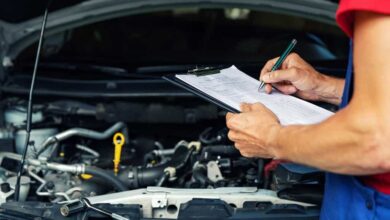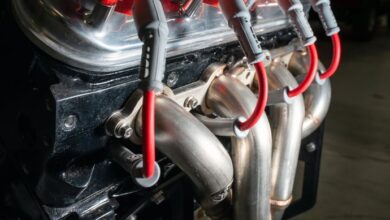The Benefits of Appliance Repair Courses: What You’ll Learn and Why It Matters
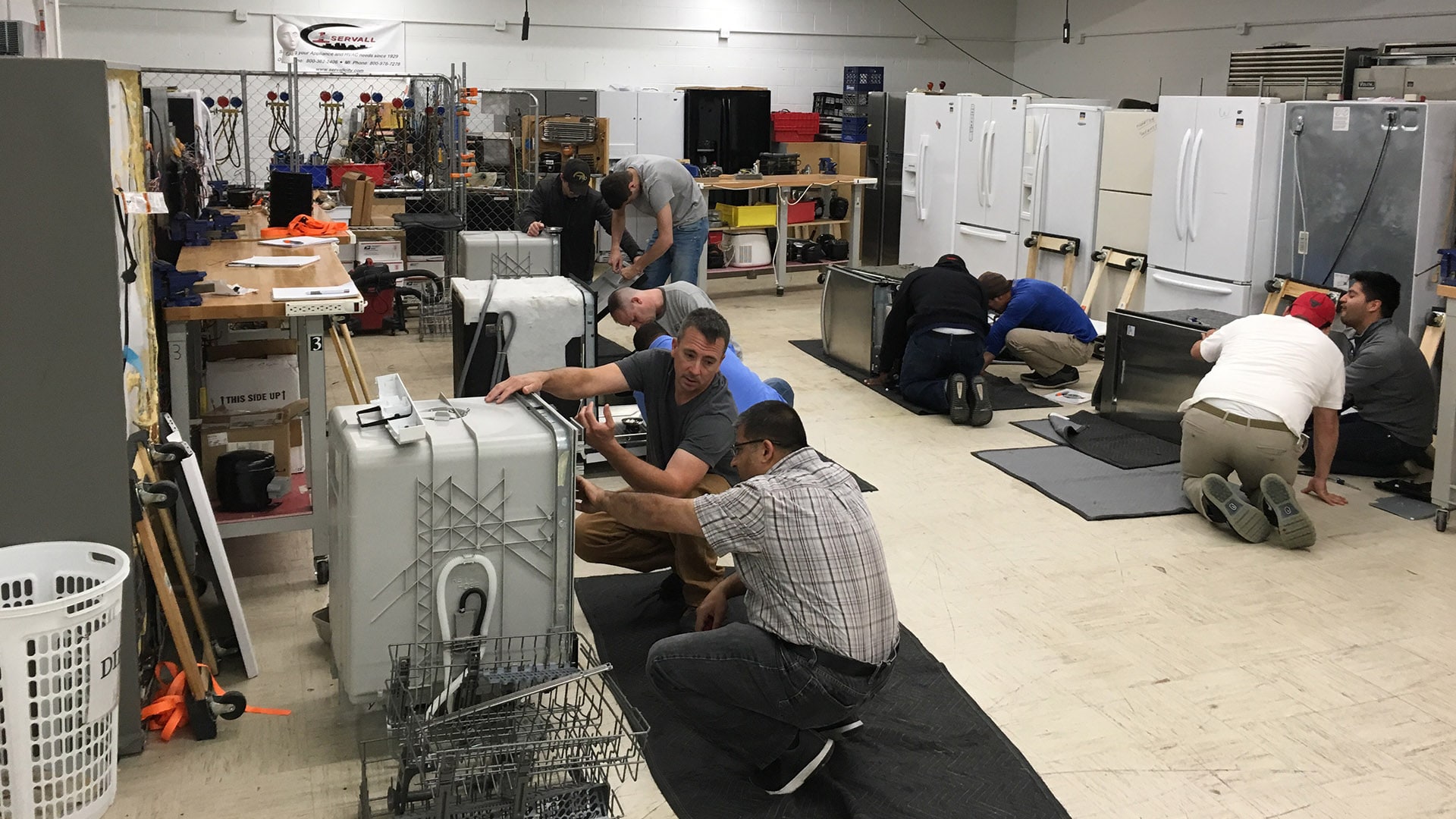
When it comes to home appliances, we rely on them to make our lives more comfortable and convenient. However, when they break down, it can be frustrating and stressful. Many people often resort to replacing the faulty appliance, which can be costly. However, with the right knowledge and skills, you can save money and time by repairing your appliances. That’s where appliance restoration courses come in. In this article, we’ll explore the benefits of appliance repair courses, what you’ll learn, and why it matters.
What are Appliance Repair Courses?
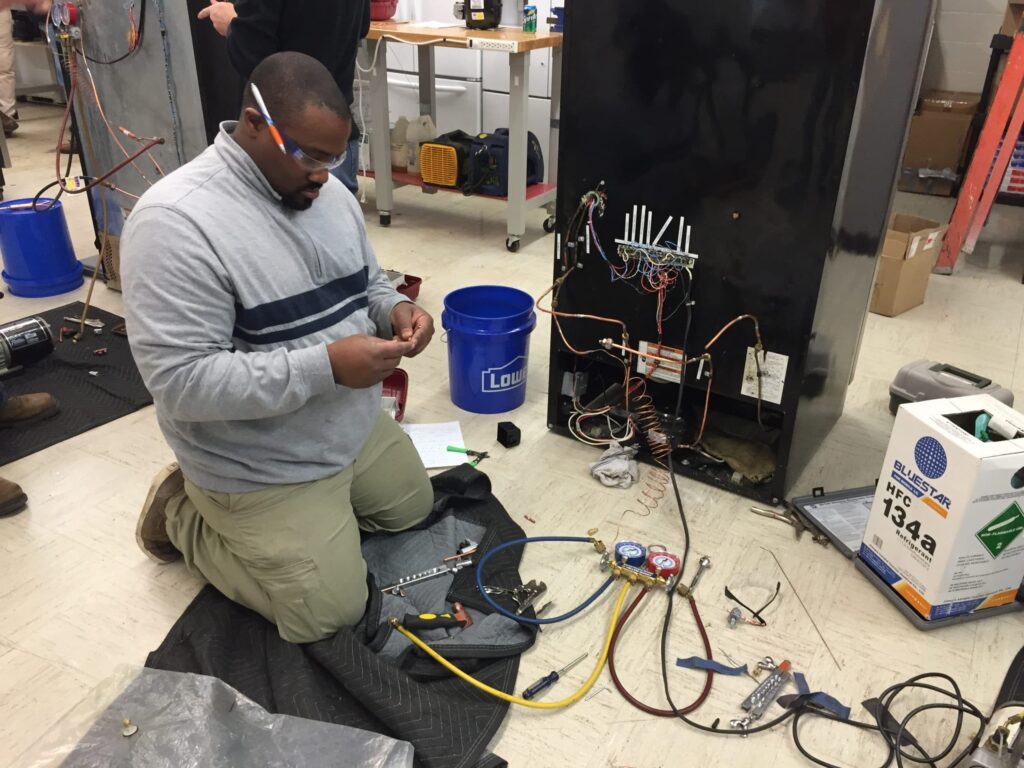
Appliance repair courses are training programs designed to teach students how to diagnose, troubleshoot, and improve various home machines. These classes cover a wide range of appliances, including refrigerators, ovens, washers, dryers, and more. They provide students with a comprehensive understanding of how machines work, the common issues they encounter, and how to fix them.
What You’ll Learn in Appliance Repair Courses
Appliance restoration procedures are designed to provide students with a comprehensive understanding of how devices work and how to diagnose and fix common issues. In this section, we will discuss the key topics covered in instrument repair techniques.
Understanding Appliance Components
One of the primary topics covered in apparatus rehabilitation courses is an understanding of instrument components. Students learn about the various parts that make up machines, including motors, compressors, heating elements, and control boards. They also learn about the functions of each component and how they work together to make the device function.
Troubleshooting Techniques
Diagnosing and troubleshooting issues with devices is an essential aspect of apparatus restoration courses. In this section, we will discuss some of the key troubleshooting techniques that students learn in these classes.
Diagnostic Tools
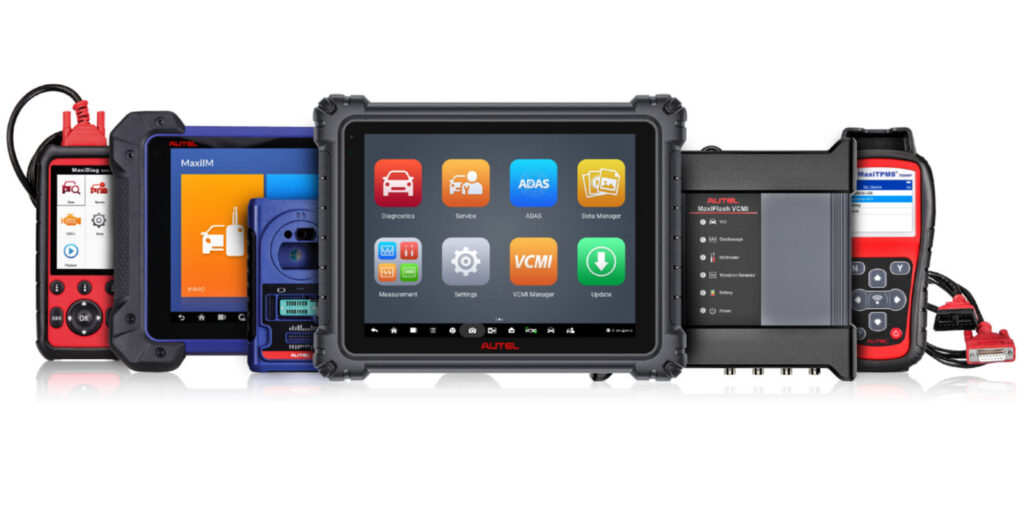
One of the primary techniques that students know in appliance rehabilitation techniques is how to use diagnostic tools. These tools may include multimeters, voltage testers, and thermal imaging cameras. Students learn how to use these tools to identify the source of the problem and determine which component needs to be fixed or replaced.
Interpreting Error Codes
Appliances often display error codes that indicate what the problem is. In instrument repair courses, students learn how to interpret error codes and use them to diagnose the issue with the device. They discover how to use the manufacturer’s documentation to understand what the error code means and how to fix it.
Wiring Diagrams
Students in apparatus rehabilitation lessons also know how to read and interpret wiring diagrams. These diagrams show the electrical connections between components in the machine. By understanding wiring diagrams, students can identify which components are connected and how they work together.
Repair Techniques
Another critical aspect of instrument restoration courses is learning various repair techniques. Students learn how to restore or replace faulty components, including motors, compressors, heating elements, and control boards. They also learn how to fix damaged components, such as hoses, belts, and wiring. Students also learn how to perform routine maintenance to prevent future issues.
Safety Precautions
When it comes to repairing machines, safety is of the utmost importance. Machine repair courses emphasize the importance of taking safety precautions to prevent accidents and injuries. In this section, we will discuss some of the safety precautions that students learn in instrument repair courses.
Protective Gear
One of the primary safety precautions that students learn is to wear appropriate protective gear. This may include safety glasses, gloves, and ear protection. Protective gear can help prevent injuries from flying debris, cuts, and burns.
Electrical Safety
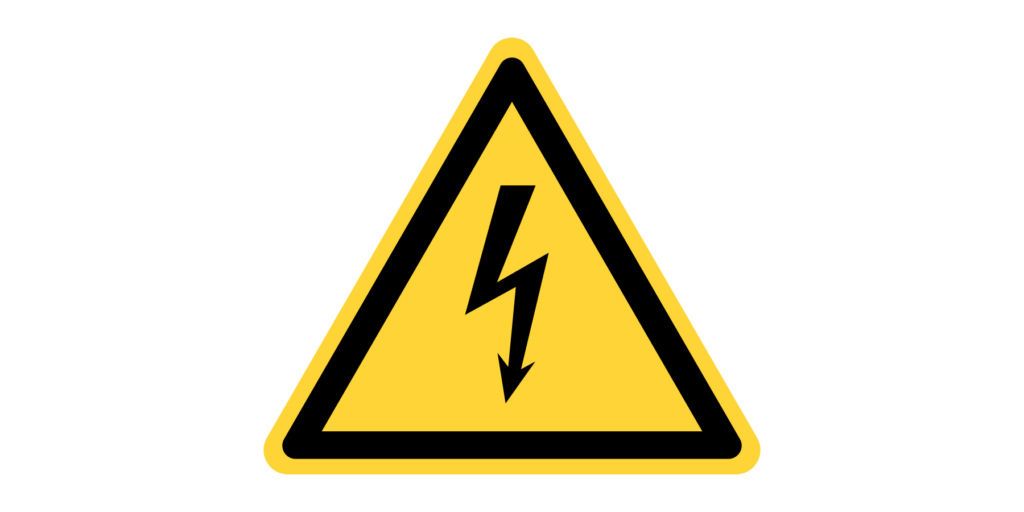
Students also learn about electrical safety when working with instruments. They learn how to turn off the power supply to the device before starting restorations and how to avoid electric shocks. They also learn how to use multimeters to test circuits and ensure that electrical components are functioning correctly.
Tool Safety
Machine restoration courses also teach students how to use tools safely. They learn how to use tools such as wrenches, screwdrivers, and pliers, and how to avoid accidents when working with power tools.
Proper Disposal of Hazardous Materials
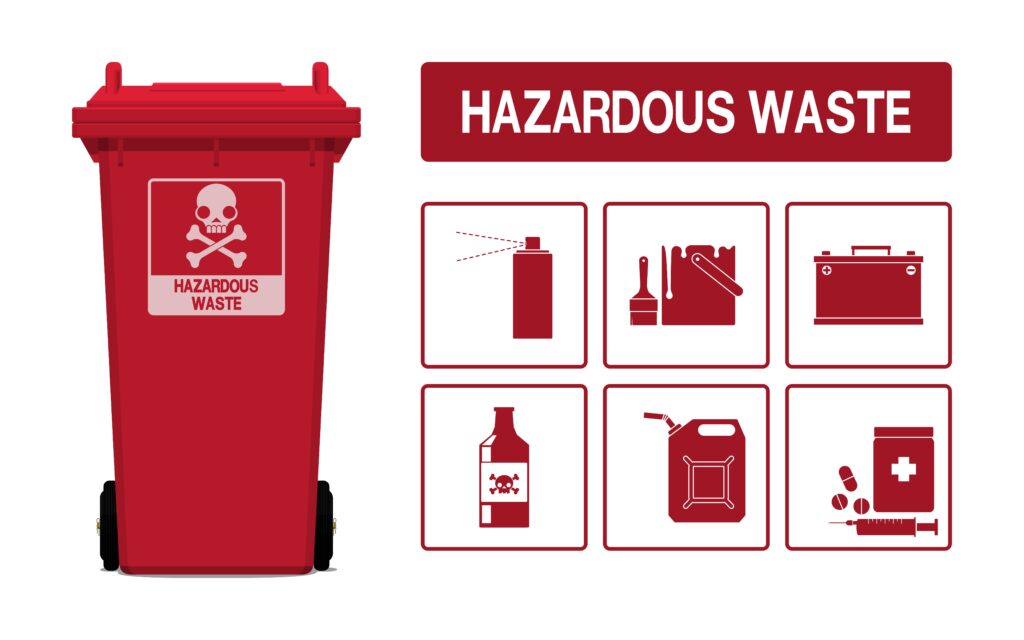
Another important safety precaution that students learn is how to properly dispose of hazardous materials. Apparatuses may contain materials such as refrigerants, which can be hazardous to the environment. Students learn how to safely remove and dispose of these materials to prevent harm to the environment.
Why It Matters
The importance of taking appliance rehabilitation courses cannot be overstated. These courses offer a range of benefits, including cost savings, job opportunities, and convenience. In this section, we will discuss in more detail why it matters to take appliance restoration courses.
Cost Savings
One of the primary benefits of taking apparatus rehabilitation courses is cost savings. Repairing a faulty machine is usually cheaper than buying a new one. By learning how to diagnose and fix appliances, you can save money on expensive fixing services and avoid the cost of purchasing a new device altogether. This is particularly important for people on a tight budget or those looking to reduce their expenses.
Job Opportunities
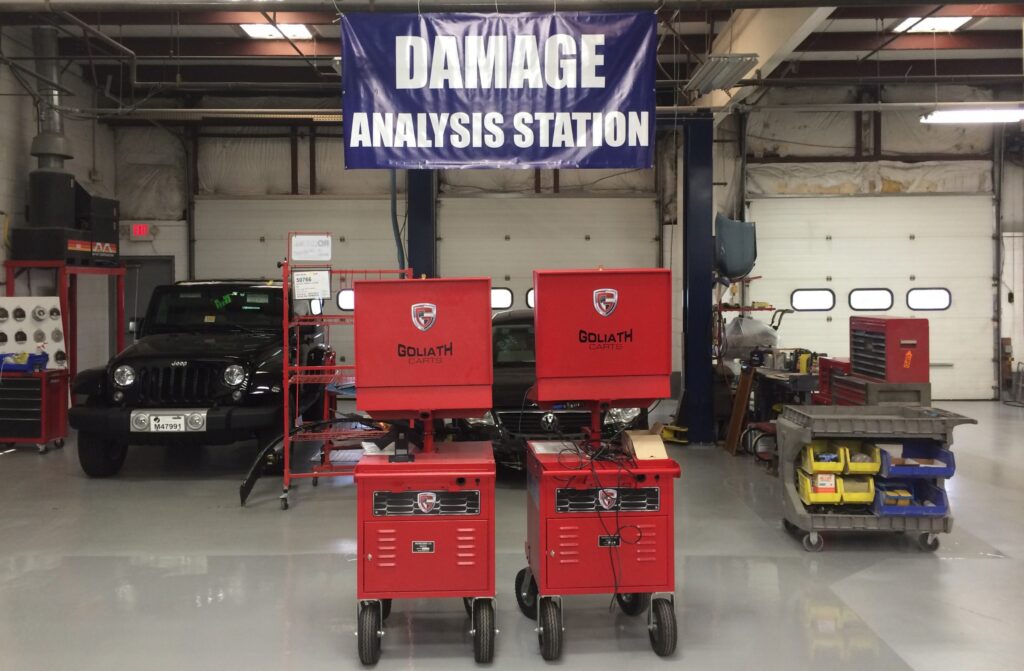
Apparatus repair courses can also provide job opportunities for those interested in pursuing a career in the device repair industry. The skills and knowledge gained from these courses can open doors to employment opportunities in restoration shops, device manufacturers, and retail outlets. Additionally, as more and more people seek to repair their appliances instead of replacing them, the demand for qualified machine repair technicians is likely to increase.
Convenience
Being able to repair your machines yourself can be very convenient. You won’t have to wait for a repair technician to come and fix the appliance, and you won’t have to spend money on expensive restoration services. Additionally, knowing how to fix apparatuses can help you avoid downtime and keep your household running smoothly. You can fix the appliance as soon as it breaks down, which can be particularly important for instruments that are essential to daily life, such as refrigerators and washing machines.
Conclusion
Appliance rehabilitation courses offer numerous benefits to individuals interested in learning how to repair their apparatuses. They provide a comprehensive understanding of how appliances work, how to diagnose and troubleshoot problems, and how to repair them. Additionally, taking these courses can help you save money, provide job opportunities, and offer convenience. Whether you’re looking to restore appliances at home or considering a career in the appliance restoration industry, instrument repair courses are an excellent investment.


